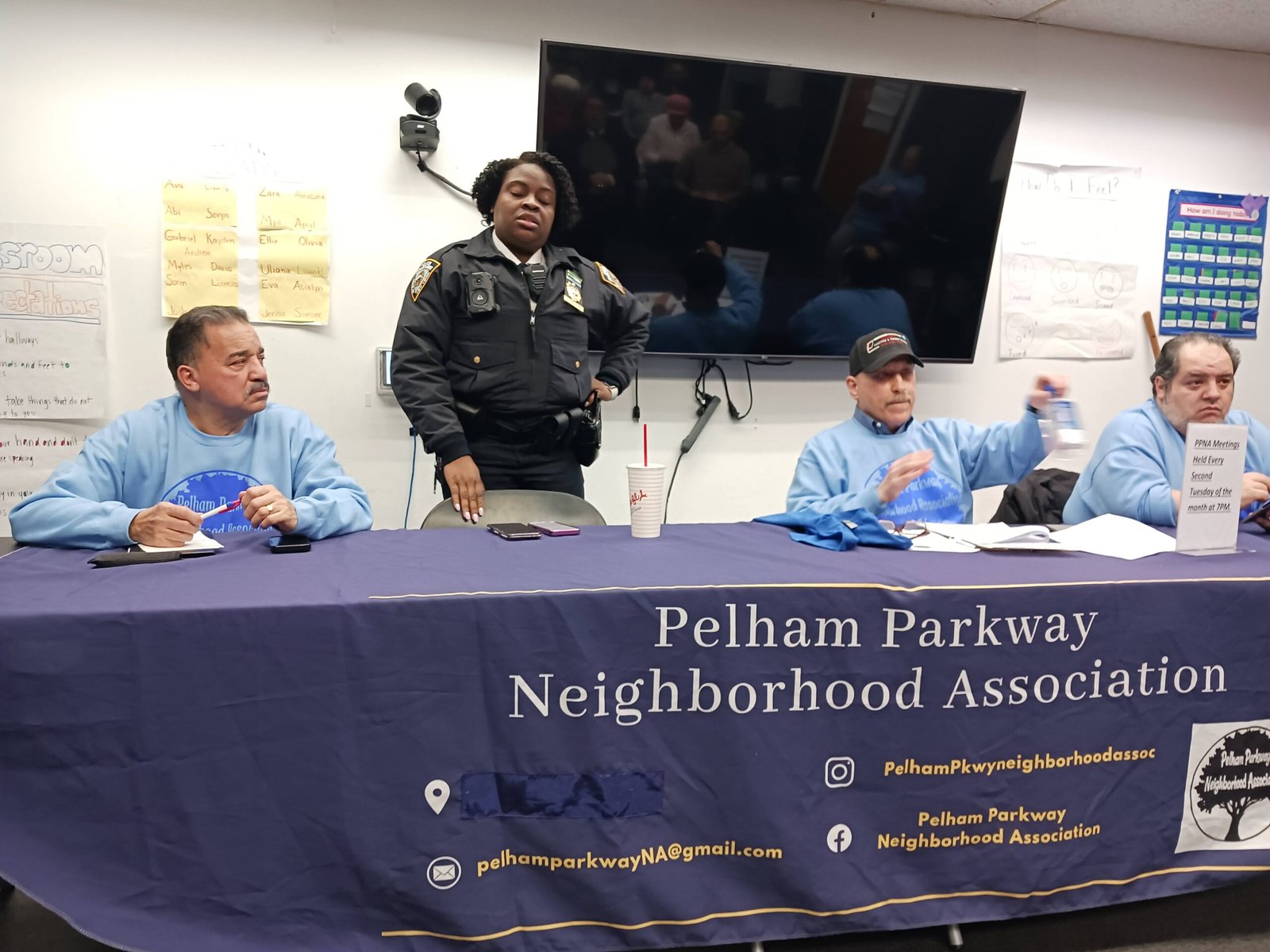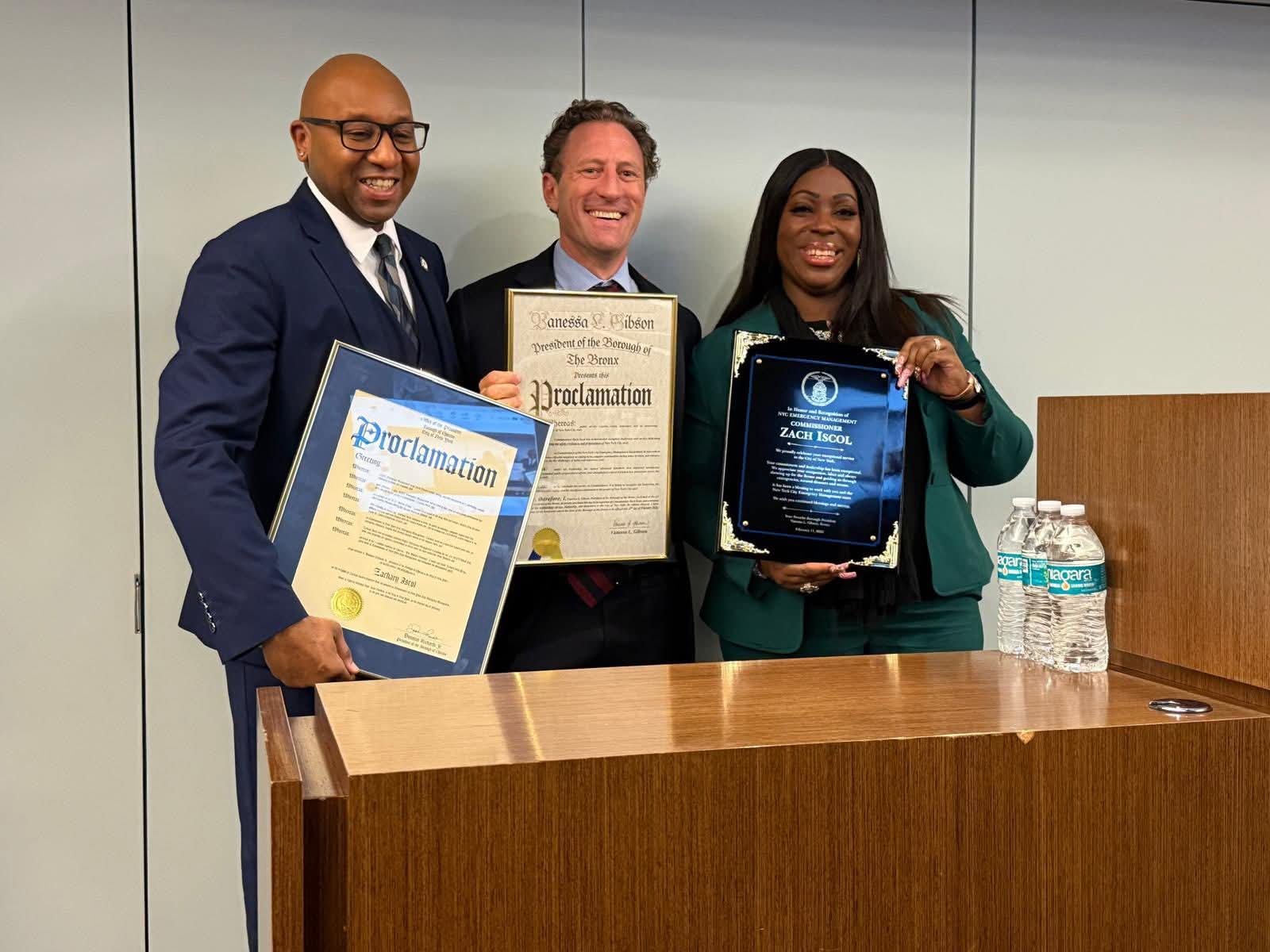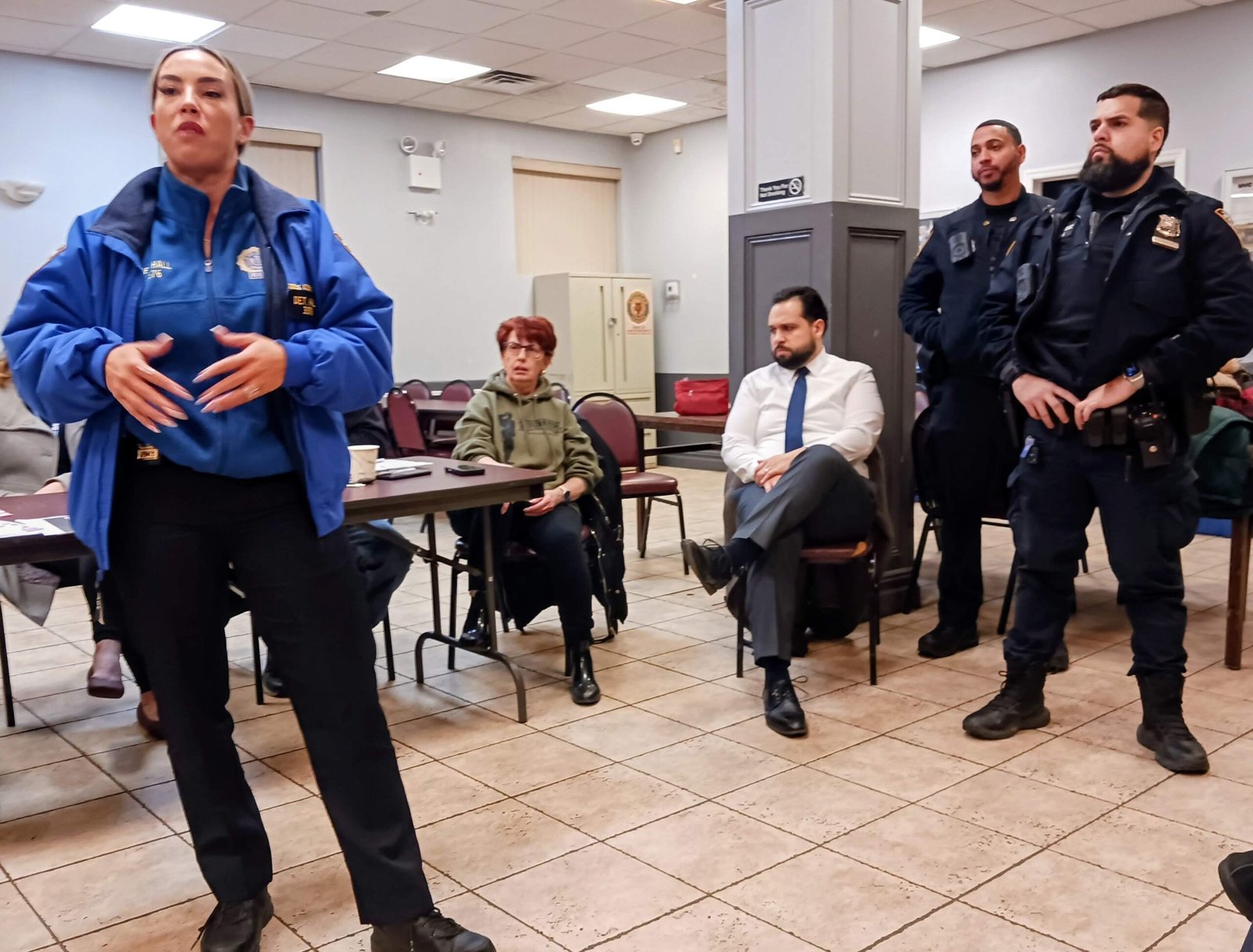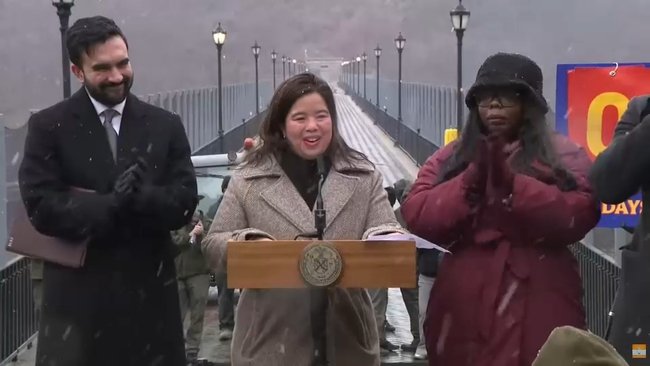
The City of New York has formally submitted a legal declaration supporting a multistate lawsuit challenging the U.S. Federal Emergency Management Agency’s (FEMA) abrupt termination of over $351 million in disaster preparedness funding.
The move supports legal action led by New York State Attorney General Letitia James and a coalition of 20 states, asserting that FEMA’s revocation of the funds under the Building Resilient Infrastructure and Communities (BRIC) program is unlawful and jeopardizes 19 major resiliency projects across the city.
The BRIC program, created during the first Trump administration with bipartisan support, was designed to help communities prepare for natural disasters before they occur.
In New York City, BRIC-funded projects have played a critical role in mitigating the impacts of severe weather events such as Superstorm Sandy and Hurricane Ida. City officials emphasized that every dollar invested in preparedness saves six dollars in response and recovery, underlining the program’s long-term value.
“As we saw just earlier this week, flooding and extreme weather events are becoming more frequent,” said Mayor Eric Adams.
“The 19 projects that rely on BRIC funding will protect jobs, neighborhoods, and housing across New York City. We urge the federal government to restore this critical funding and help protect our city against future emergencies, just as it has in years past.”
New York City Corporation Counsel Muriel Goode-Trufant echoed the concern, saying, “New York City has worked hard to protect communities from the impacts of extreme weather events, and now that work is severely undermined by the federal government’s termination of this important program.”
The city’s declaration details that 14 BRIC-funded projects from fiscal years 2020 to 2022 are already underway, with five more selected for 2023. Altogether, the projects represent a $351.4 million investment meant to address climate risks such as flooding, sea-level rise, and extreme heat. Key projects impacted include the Seaport Coastal Resilience Project, which would integrate flood protection into the historic South Street Seaport; the Tottenville Shoreline Protection Project in Staten Island, aimed at protecting the neighborhood from tidal surges and erosion; and the Corona East & Kissena Corridor Cloudburst Hub Projects, which would convert public spaces into water-absorbing infrastructure to reduce flooding.
City officials warned that halting or delaying these projects puts thousands of New Yorkers at greater risk, especially in vulnerable and historically underserved communities. Mayor Adams reiterated the city’s commitment to securing the allocated funds and moving forward with the life-saving initiatives.
“This isn’t just about New York — this is about resilience, justice, and accountability. New Yorkers deserve every dollar of protection they were promised,” he said.








